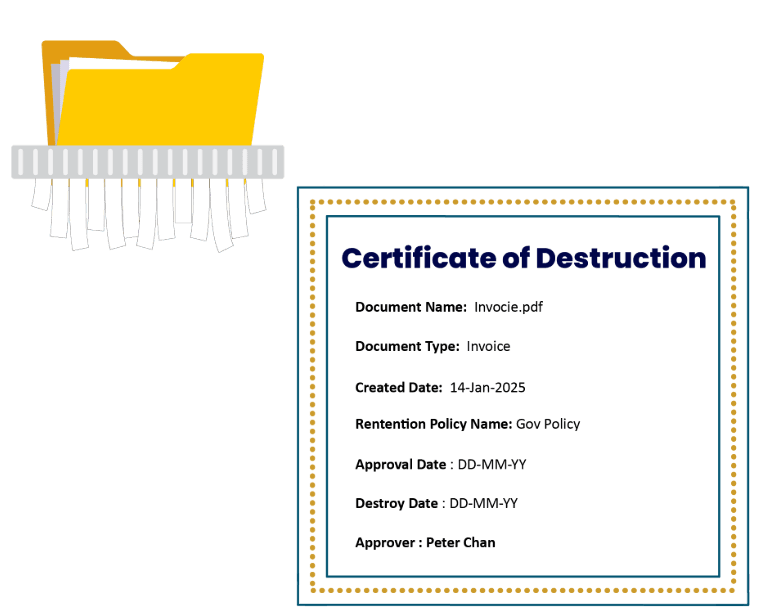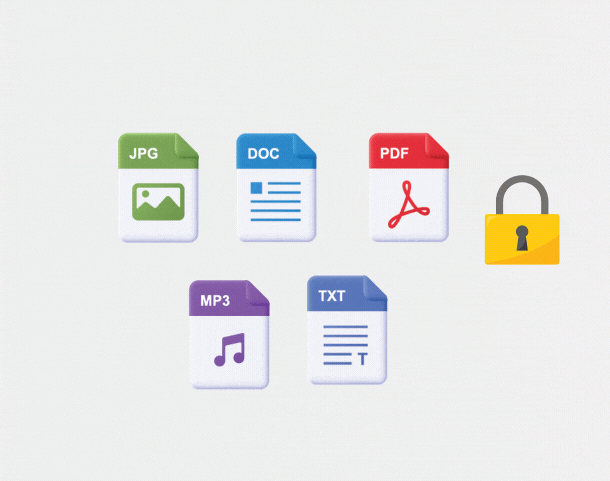A retention policy dictate how long different types of data should be retained and when it should be deleted or archived. Well-defined retention policy is crucial for ensuring regulatory compliance, reducing the risk of litigation, and efficiently managing storage resources, while also promoting sound information governance practices.

Reinforced Compliance Capability
In DocPal, the administrator has the authority to establish the retention period for records in alignment with organizational policies.
As records approach the end of their retention period, they are automatically moved to a pending list. Users are prompted to decide whether to retain the record through manual or automatic action. Additionally, an email notification is sent as a reminder when the retention period is nearing expiration. This functionality empowers users to control the retention of their information while providing a clear and timely notification system for effective management.
DocPal also offers robust security options, enabling organizations to manage the lifecycle of their content. Administrators can set policies for retaining, archiving, and deleting data in accordance with company security guidelines and regulatory requirements, ensuring that sensitive information is protected and disposed of responsibly.

Enhance Compliance Capabilities and Execution Effectiveness
When a user approves the deletion of a record, DocPal generates a Certificate of Destruction to record retention details, including the approval date, destruction date, and the identity of the approver. This certificate serves as a documented record of the retention process, ensuring transparency and accountability.
Additionally, users have the option to archive a record. Once archived, the record becomes entirely read-only, and no edit or delete buttons are displayed. This guarantees that the archived record remains preserved in its original state, eliminating the risk of accidental modifications or deletions. Archiving allows users to maintain a secure and unalterable version of the document for reference or compliance purposes while safeguarding its integrity.

Mitigate Legal Risks
Hold policies offer significant benefits and value beyond legal use cases. They enable organizations to effectively preserve and retain critical information, ensuring its integrity and availability for various purposes. By implementing hold policies, businesses can safeguard important data, maintain compliance with regulatory requirements, and mitigate risks associated with data loss or destruction.
DocPal’s hold policy function ensure the preservation and retention of essential information. Organizations can identify and protect important data, such as records relevant to ongoing litigation, audits, or investigations.


